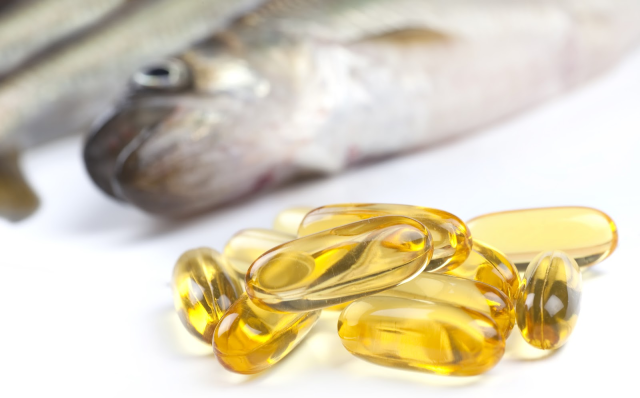Changing your diet and improving your nutritional intake are two of the most important ways to help yourself. Researchers have known for some time that fats play a major role in MS nutrition and so doing something about your fat intake is one of the most significant steps you can take. Shifting from a highly saturated fat to a highly polyunsaturated fat diet is probably the most important component of the self-help programme in MS.
This is not only because saturated fats (such as animal fats) are believed to let toxins in the blood seep through into the brain but also because levels of the good essential fatty acids (EFA’s) are abnormal in people with MS, and EFA’s are only found polyunsaturated fats (PUFA’s) PUFA’s play a vital role in MS nutrition and in the repair and maintenance of nerves and nerve tissue as well as blood health and brain activity.
Essential fatty acids come in two types. One type known as omega 3 fatty acids is found in the sunflower and safflower seeds and can be taken as a food supplement with the best known one being evening primrose oil. The other type is omega 6 fatty acids and you can get them from oily fish such as herrings, mackerel and tuna as well as in dark green leafy vegetables. It too can be taken as a supplement usually as fish or marine oils and are very important in MS nutrition.
A range of other nutrients — vitamins, minerals and amino acids known to be important in helping the body handle MS can also be taken as food supplements as part of a healthy diet. Food supplements are nutrients which are concentrated and put into capsules or tablets and are taken as a supplement to a normal diet.
As far as possible you should try to buy organic fruit and vegetables and eat as much raw as is possible. Try to eat sprouting seeds which are the very simplest raw food. Soak the seeds in water, rinse daily and eat when they start to sprout. Give your body sustainable energy by eating slow releasing carbohydrates such as whole grains, pulses, vegetables and fruit rather than sugar. Try to avoid tea, coffee and alcoholic drinks and drink plenty of clean filtered water. Wash all fruit and vegetables thoroughly before eating to try to take as much contamination from the skin. Avoid sugary and saturated fatty foods. The most important foods to avoid in MS are fatty meat and all animal fats, dairy products including all milk, butter, margarine, cheese and cream. Avoid foods that are high in sugar such as cakes, biscuits and sweets.
You may be feeling a bit depressed after reading that last paragraph but I can assure you that there is still plenty left to eat and enjoy. You are in total control of your diet and given that diet plays such a major part in the treatment of MS, it makes perfect sense that you should give MS nutrition your full attention. I changed my diet radically in a few years ago and have now managed to reverse most of my MS symptoms.
Gary P Owen.





